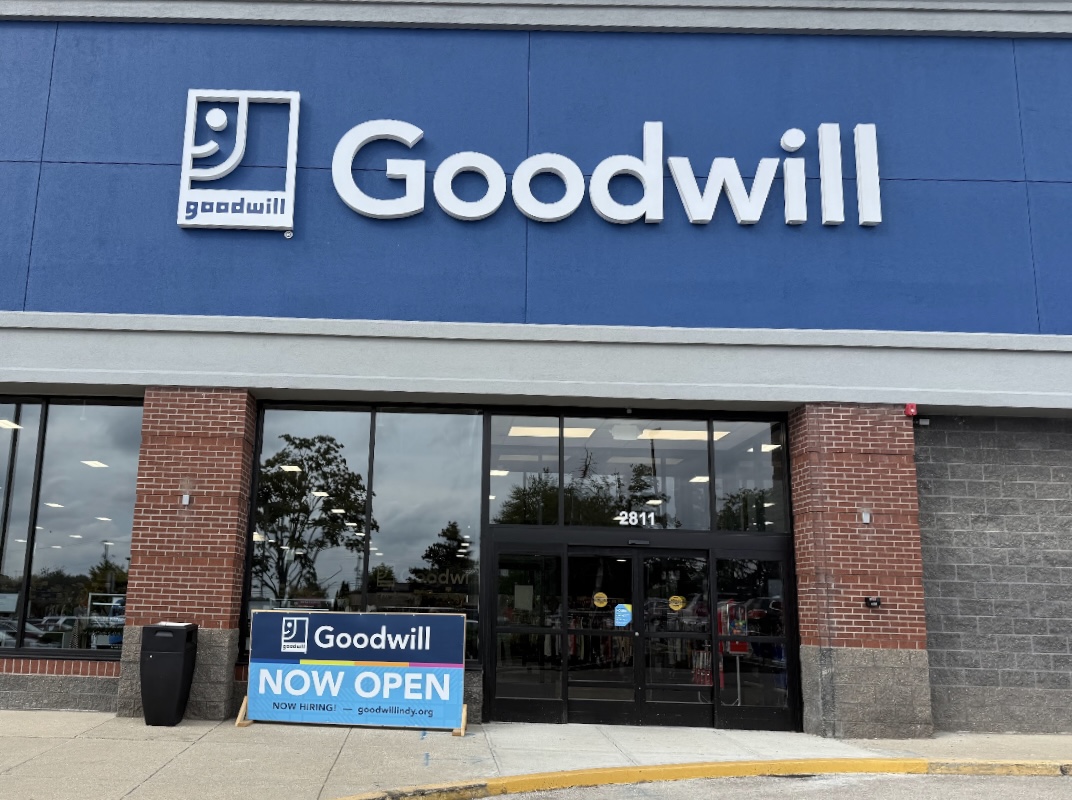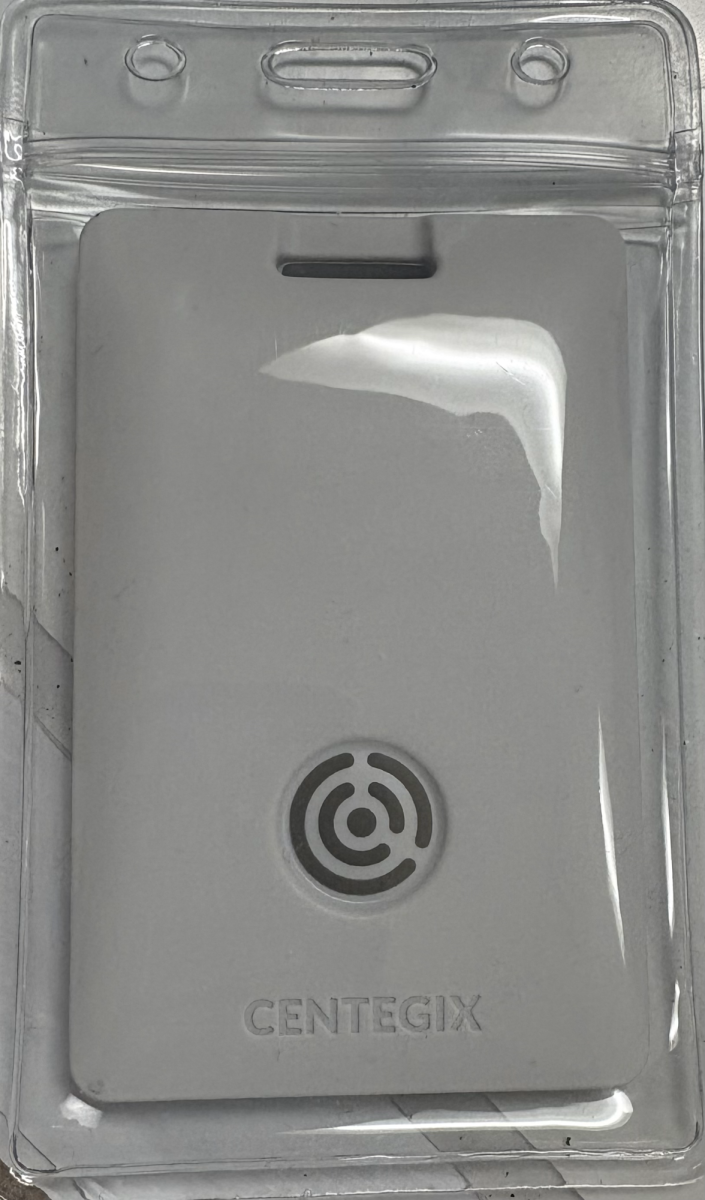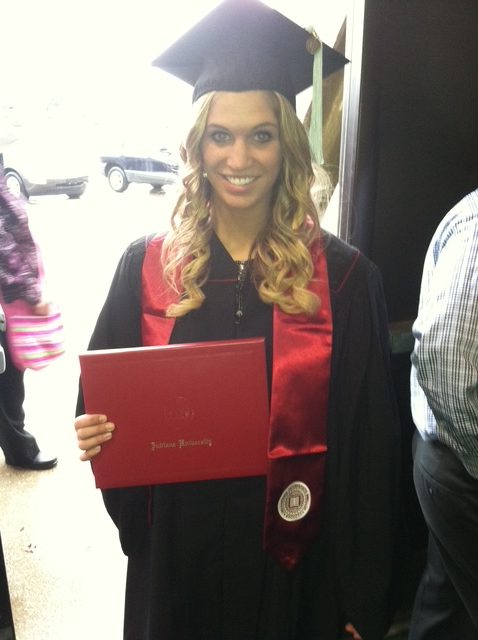*Update: Cardinal Robert Prevost was elected on Thursday, May 8, becoming the first American pope and has chosen the papal title of Pope Leo XIV.
Black or white smoke billowing from the Sistine Chapel, 133 cardinals sequestered together, threaded ballots tied with red string, and technical experts ensuring no spying recorders are listening inside or outside–this is the conclave, a secret, centuries-old ritual to elect the next pope.
To become pope, a cardinal must be under 80 years old and win two-thirds of the vote. After a round of votes has been placed, black smoke signals that a two-thirds majority was not reached, and voting will continue. On the other hand, white smoke signals that a new pope has been elected.
With Pope Francis’s passing on Monday, April 21, a conclave has been set for May 7 to decide the Holy Pontiff, the leader of the Catholic Church and 1.406 billion Catholics worldwide. The first vote will take place in the evening, and then twice in the morning and afternoon for the days following. Most conclaves take two to three days, but there are some outliers, such as the conclave of 1503, when Pope Julius II was elected in a few hours, or in 1271, when Pope Gregory X was elected after almost 3 years.
Reflecting on Pope Francis’ legacy
Sophomore Matthew Zinkan noted that “he lived a very poor lifestyle, so he set a very good example for everyone, but especially for Catholic people.”
Senior Rebecca Heim agrees. “I think his big thing was mercy. I think sins are a big part of Catholicism,” Heim said, “repenting and then getting forgiveness for it because they understood what they did wrong.”
ENL (English as a New Language) teacher Karen Banach noted that “he was a pope of the people [and] really wanted to make sure that everyone was included in Catholicism.”
English 9 and AP Lit and Comp teacher Sheila McDermott-Sipe remembers Pope Francis’ humility and openness in the Catholic Church. “He was very willing and wanting to not have all the ornamentation and the pomp and circumstance of the papacy.” Although Pope Francis welcomed all in the Catholic Church, he didn’t explicitly welcome the LGBT+ community. “He didn’t change any of the laws…but his rhetoric reflected a more open Catholic Church that didn’t manifest in real policy changes.”
McDermott-Sipe grew up Catholic and feels an affinity in that regard, but doesn’t practice Catholicism as she feels the Catholic Church doesn’t “respect all people in the way that it should.”
Nonetheless, McDermott-Sipe noted that “in [her] lifetime, a pope had never kind of addressed such a relevant ecosystem issue” in his encyclical about climate change. Additionally, McDermott-Sipe noted that Pope Francis also made safe spaces for sexual abuse victims, which had not been widely done before. “I felt like that was kind of a different direction that I’d witnessed in the papacy,” McDermott-Sipe stated.
For Banach, the conclave marks the end and beginning of an era. “It’s always sad to lose a pope. Pope John Paul II[‘s death] was hard for me because he had been a pope for like 30 years, and it felt like I had lost a family member…it seemed strange to lose someone who was such a constant figure.”
“It’s sad that Pope Francis has passed away,” Banach said, “but at the same time there’s opportunity for change and for newness, and that’s always exciting and a good thing.”
Predictions for the next pope
The upcoming conclave sees 135 eligible Cardinals to vote for the next pope, with only 133 officially voting. It is also important to keep in mind that popularity does not determine the pope, as many cardinals, such as Giovanni Benelli and Carlo Maria Martini, who were leading contenders, failed to become pope.
Besides speculative news weighing each cardinal if they are papabili or “pope-able”, for most people, it is uncertain who will become pope due to the inherently selective and secretive rules.
“There’s so many [candidates], there’s maybe 100 something,” said Zinkan, “I don’t really know but there’s no one that I’m really rooting for, because I don’t think it’ll make a crazy direct impact.”
“I don’t know enough to even know who’s in the running,” said McDermott-Sipe, “I have no idea. And I find the whole tradition a bit strange.”
“I have no idea,” said Heim, “I’ve heard that usually they kind of have someone in mind, but this time they don’t. But there’s a Filipino guy in the running. I think that would be cool, but I don’t have any favorites.”
“It would be really cool to have an Asian pope who I hear as a front runner or an American pope that would be kind of interesting as well,” said Banach, “but I think overall, it would be nice to continue the idea of making sure that everybody has access to their religion. Not just Catholics, but all people, that’s my biggest hope.”
Despite the unknown future, here are some potential candidates for the papacy:
- Cardinal Péter Erdő, archbishop of Budapest, Hungary (Age: 72)
- According to CBS, Erdő is a traditionalist respected by liberals and is predicted to be a unifying force within the papacy.
- Cardinal Pietro Parolin of Italy, Secretary of State of Vatican City (Age: 70)
- According to BBC, Parolin is likely to focus on global diplomacy rather than upholding the Catholic dogma. Parolin has also been critical of same-sex marriage.
- Cardinal Luis Antonio Gokim Tagle of the Philippines (Age: 67)
- According to BBC, Tagle is a moderate and has been dubbed “Asian Francis” due to his shared dedication to social issues and migration with Pope Francis. Tagle has opposed abortion but has also asked the Church to evaluate its harsh treatment of LGBT+ folks and divorcees.
- Cardinal Fridolin Ambongo, archbishop of Kinshasa, Democratic Republic of Congo (Age: 65)
- According to CBS, Ambongo supports the orthodoxy, is known to promote social justice, including his criticism of the Congolese government, and is against same-sex relationships.
- Cardinal Matteo Zuppi, archbishop of Bologna, Italy (Age: 69)
- According to CBS, Zuppi is known as the “street priest” who strives to modernize the church. Zuppi supports same-sex relationships and people of different religions.
- Cardinal Robert Prevost of the U.S. (Age: 69)
- According to BBC, Prevost was prefect of the Vatican’s Dicastery for Bishops, which oversees the selection of new bishops, and worked many years in Peru as a missionary and archbishop. However, Prevost’s time in Peru was darkened by allegations of covering up sexual abuse claims, which were denied.
- Cardinal Pierbattista Pizzaballa, Latin patriarch of Jerusalem (Age: 60)
- According to CBS, Pizzaballa sees himself as a servant of the people, sharing concern for migrants and opposing clericalism, the increase of power of a religious hierarchy. Furthermore, Pizzaballa has spoken out about the Israel-Hamas war and visited Gaza during the conflict.
- Cardinal Robert Sarah of New Guinea (Age: 79)
- According to BBC and AP, Sarah is known for his conservatism and had retired in 2021 as head of the Vatican’s office, overseeing the Catholic Church’s liturgical rites. Sarah is against same-sex relationships and has opposed recognizing homosexuality in African countries.
- Cardinal Marc Ouellet of Canada (Age: 80)
- According to BBC, Ouellet is conservative with a “modern outlook” and has run the Vatican’s Dicastery for Bishops like Prevost. However, as an octogenarian, Ouellet cannot participate in the conclave even though he is still an eligible papabile.
“While we know what the ritual technically is, none of us are in there,” said Banach, “all we [can] do is wait to see what color smoke comes out.”




